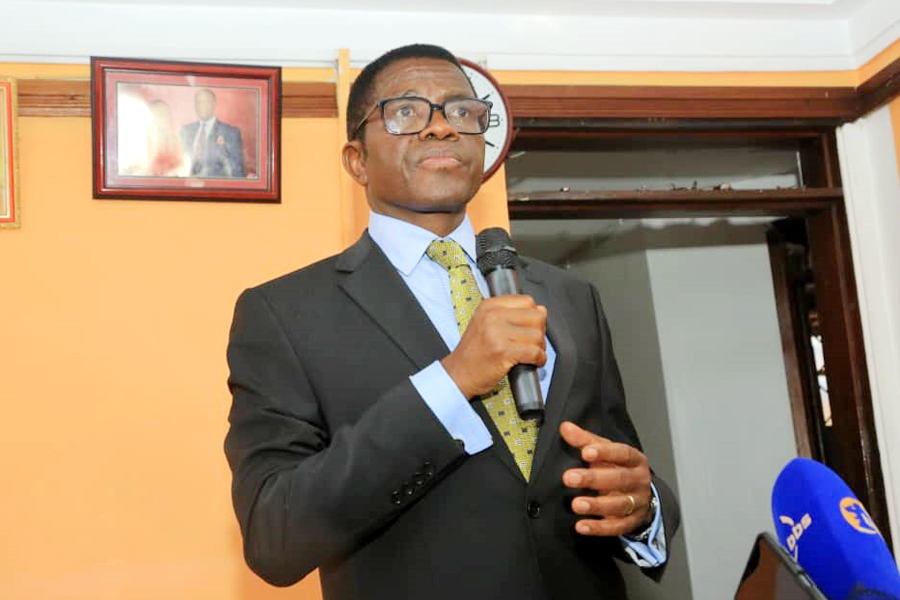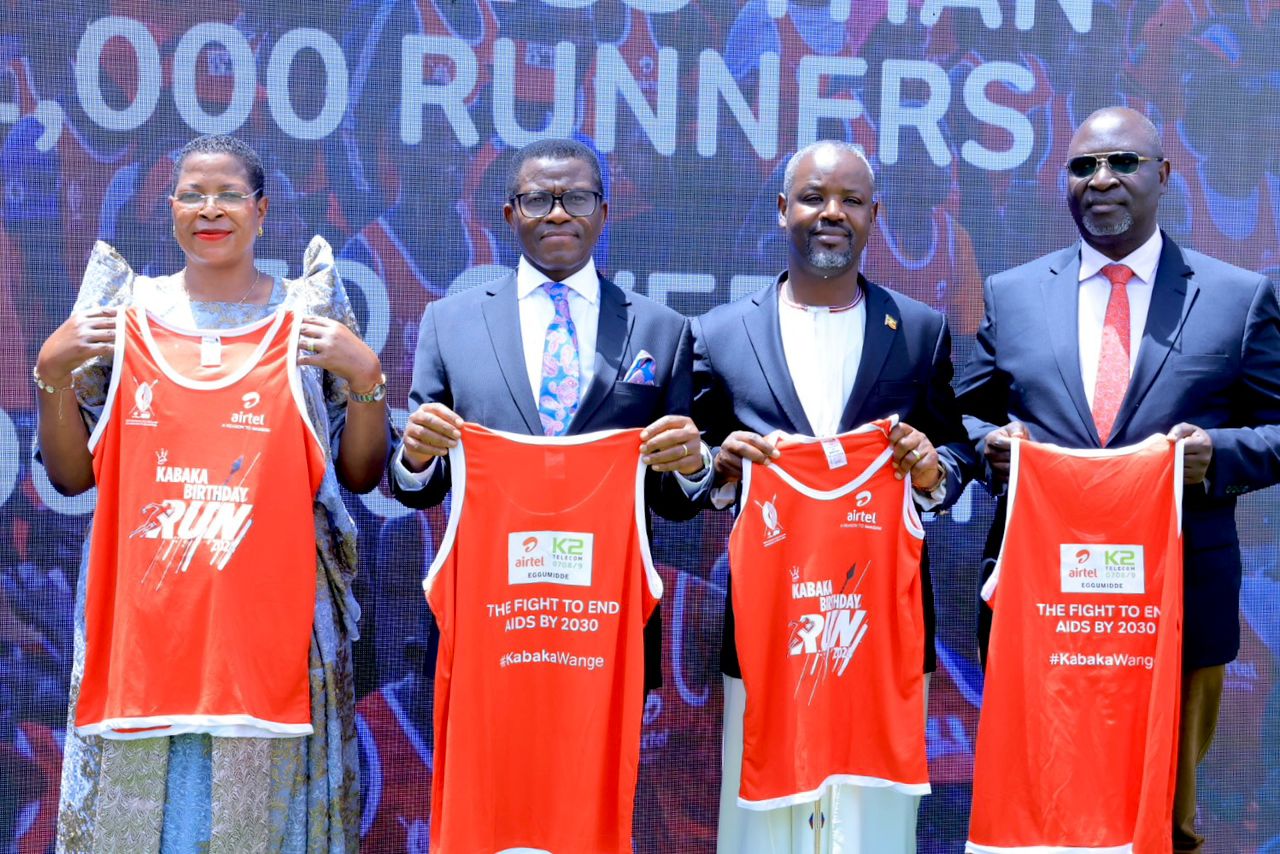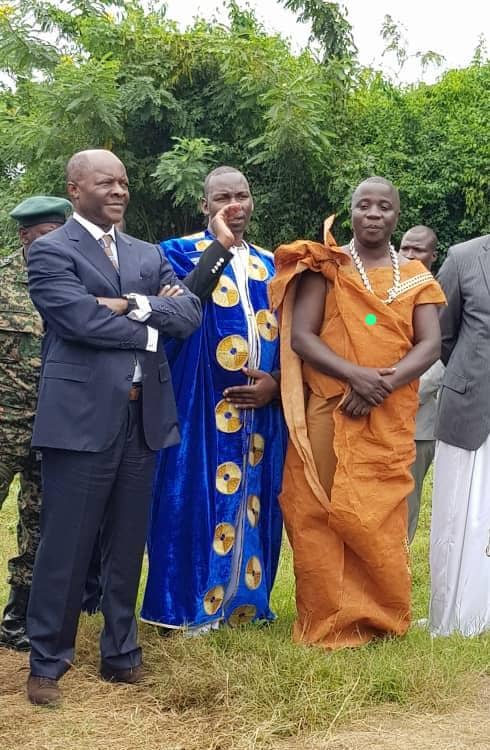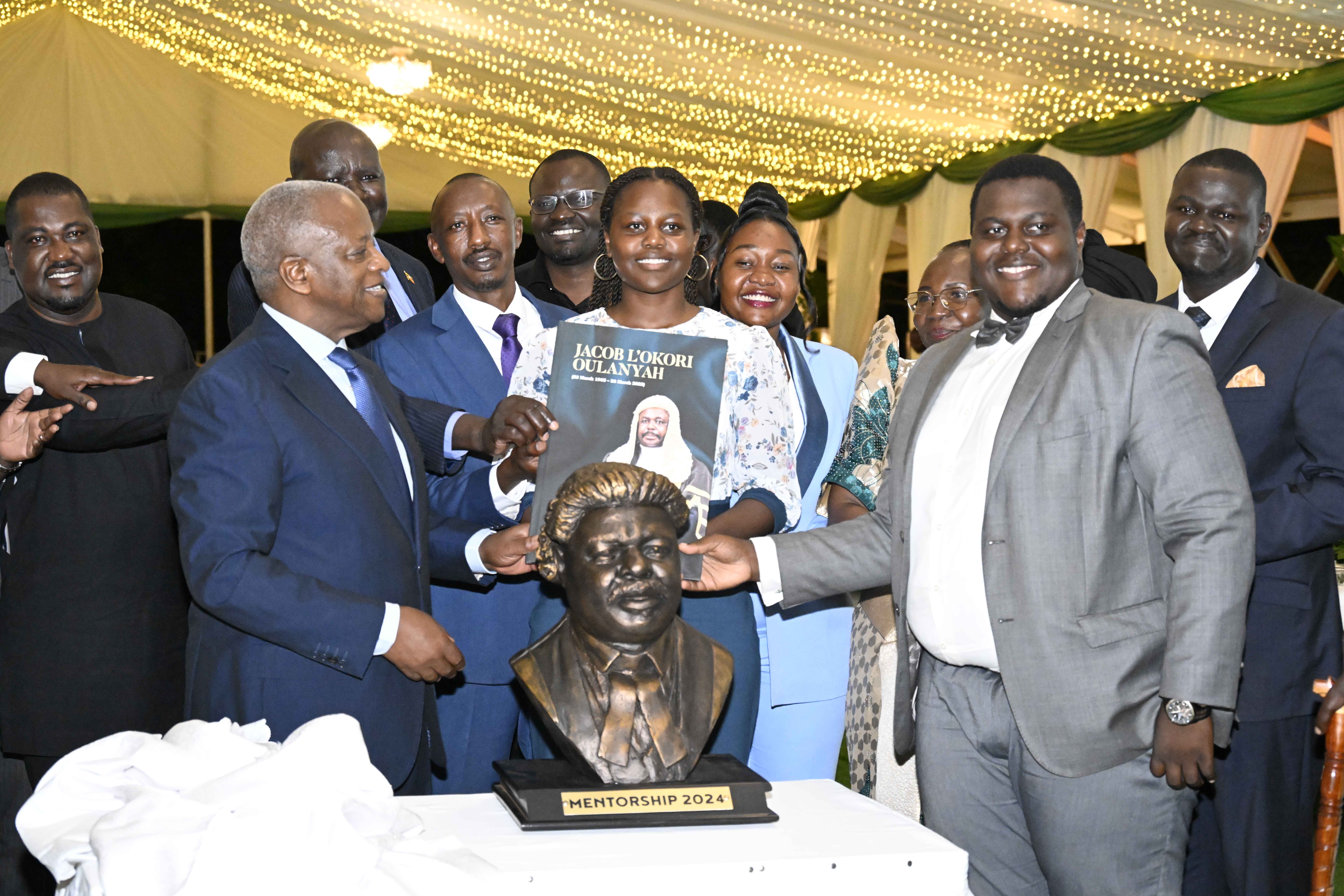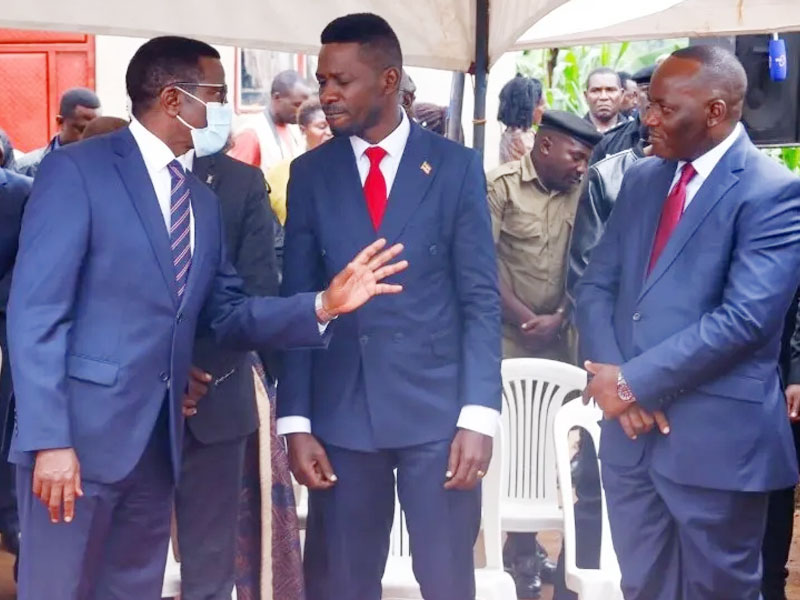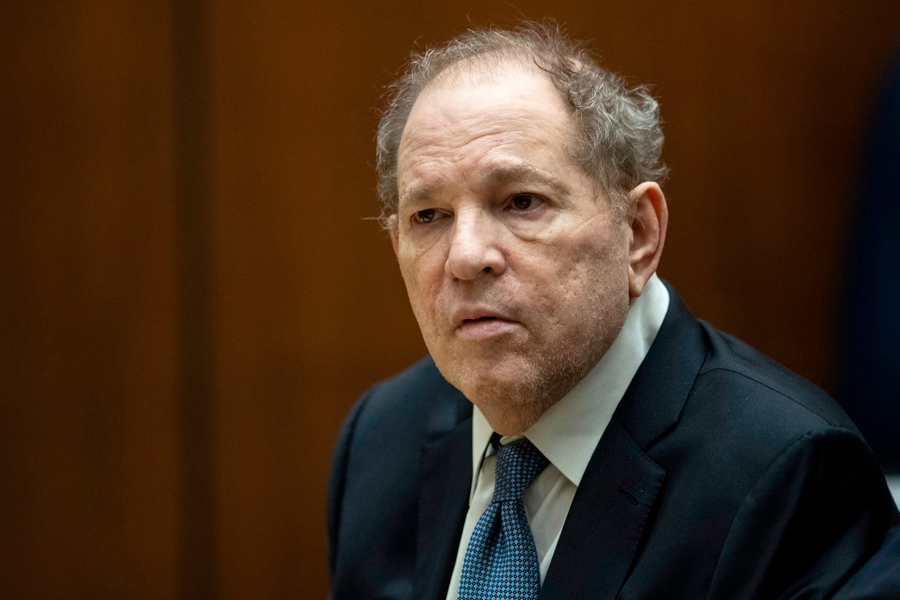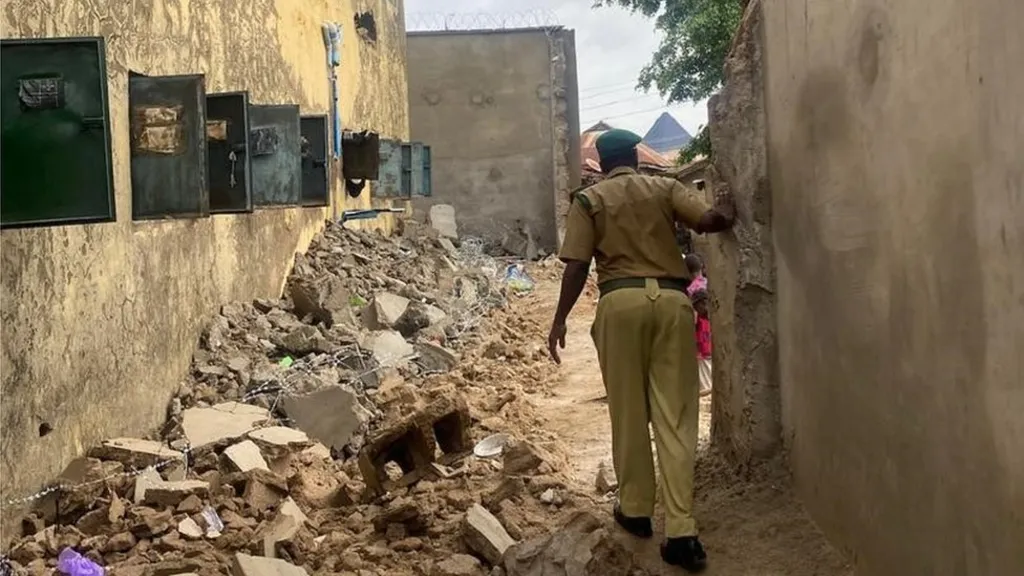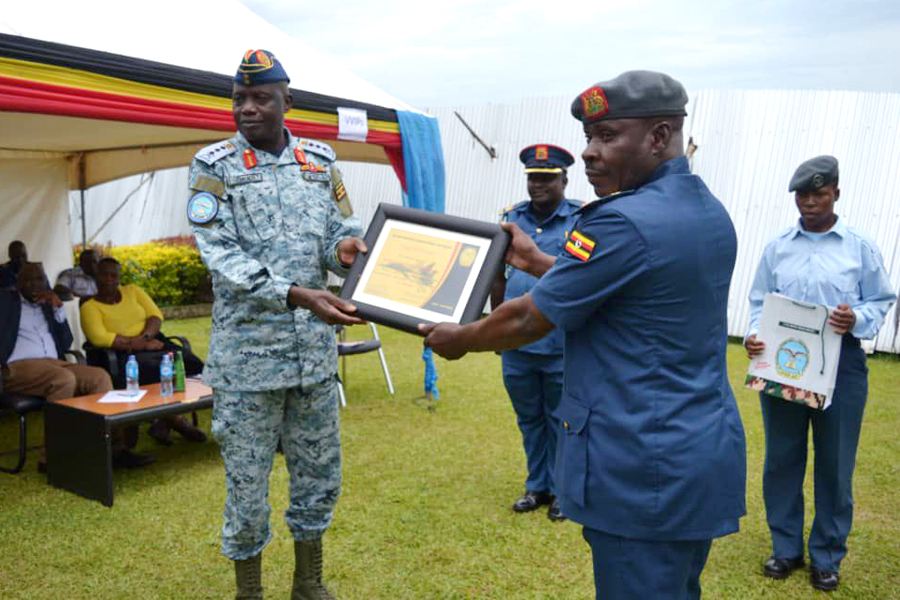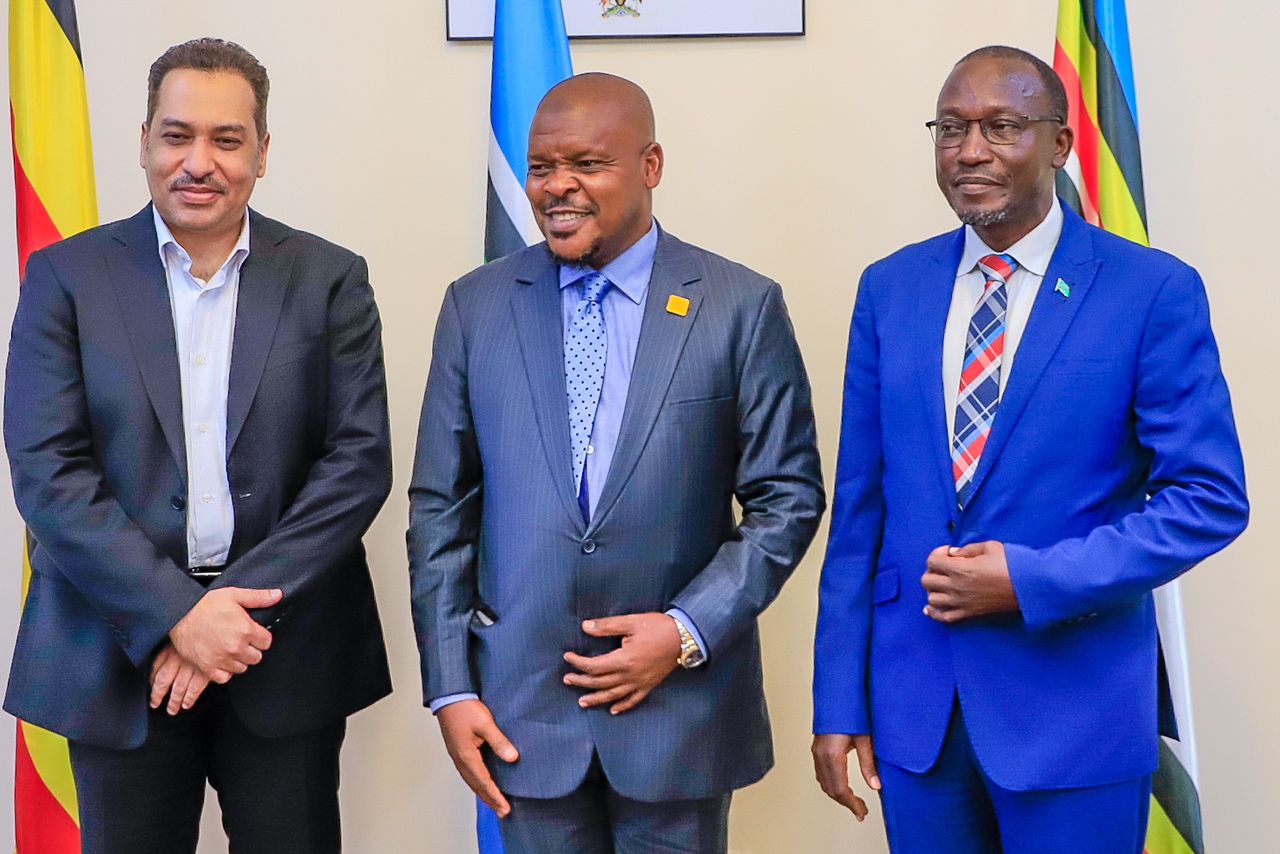Opinion: Owiny Dollo's comments and Uganda's unresolved tribalism question
As the row over Chief Justice’s Owiny Dollo comments about the Baganda continues to grip the media, we all know all too well that tribalism is real in the Ugandan context.
The chief justice made some comments during a speech in which he seemed to rebuke Baganda for not disassociating themselves from what he referred to as "lumpens".
Keep Reading
This was after a group of National Unity Platform supporters protested outside the hospital where the late speaker had been admitted just before his death.
These comments of the chief justice have rocked many people particularly from the central region at a critical time.
Right now, as a country we should be celebrating the life of the late speaker Honourable Jacob Oulanyah who was equally loved on all sides of the political spectra because of his character.
Personally, I watched the late’s speech when he officially presided over parliament as the speaker in which he cautioned all legislators to speak with facts rather than just make comments about issues.
This in my opinion, set him apart from the others and signalled better things to come from a parliament where such quality is almost non-existent.
However, much as the chief justice’s concerns of tribalism are undoubtedly genuine, they perhaps exaggerate the reality of what could have transpired.
Not that I was there to witness what happened but generalising about a section of our communities is where the honourable chief justice got it wrong.
According to some newspaper reports, the Chief justice also said that “I saw the wickedness that was exhibited by people from here”.
"Here", meaning Buganda. I would like to think of these comments as being deplorable and should not be taken literally.
I do not suppose that any of the said protestors specifically stated or had signs showing that they were all from Buganda. Prejudice in any form is lamentable.
The Baganda as a tribe are not a homogenous unit because we all have different backgrounds, aspirations, values and political affiliations.
By generalising about the Ganda people, the honourable chief justice by default perpetuated tribalism towards the Ganda people.
Even though I do not intend to characterise the honourable chief justice as such, but tribalism begins from that point when we generalise about people.
Despite the chief justice giving us perspective in his speech, the actions of a few should not be interpreted as reflecting the whole society.
Much as the chief justice might have felt marginalised or taken offence by the actions of a few protestors, a person of his calibre in our society should know better. Nonetheless, there is reason for the chief justice to not be castigated.
Our experiences as Ugandans are closely linked to our history which is tainted with identity politics.
Tribalism in our society has been perceived and is still perpetuated based on historical notions of class, social status and ethnicity within our societies.
The problem is that the media and our politics in many ways tend to ignore tribalism when it suits them which is even more dangerous.
Leaders, regardless, should also not ignore tribalistic attitudes perpetuated against anyone.
The issue of tribe in our society is undoubtedly political and very contentious and I think judges should typically avoid taking positions on such matters.
In fact, it is not the role of the chief justice to point out some of the evils of society since it might lead to some ethical questions.
Other leaders as well including cultural or religious leaders should not be quiet in times like these.
The late speaker cared about future of the whole country because he worried about the dwindling quality of debate in our parliament and therefore his legacy is worth celebrating.
All of us must reject tribalism by looking at the country’s history of tribe for perspective and finding solutions with which we can develop credible ways of tolerating each other be it ethnic or religious.
Irrespective of who speaks out against tribalism, it should be about ending the vast inequalities in our society rather than chastise those who dare.
Institutional and systemic tribalism are still deep-rooted in the fabric of our society where even some of the media outlets both mainstream and minority media have normalised hatred in general.
So, the comments by the chief justice should just be used to start a conversation amongst us to denounce tribalism.
The author is an advocate and an educator with an intercultural profile.


